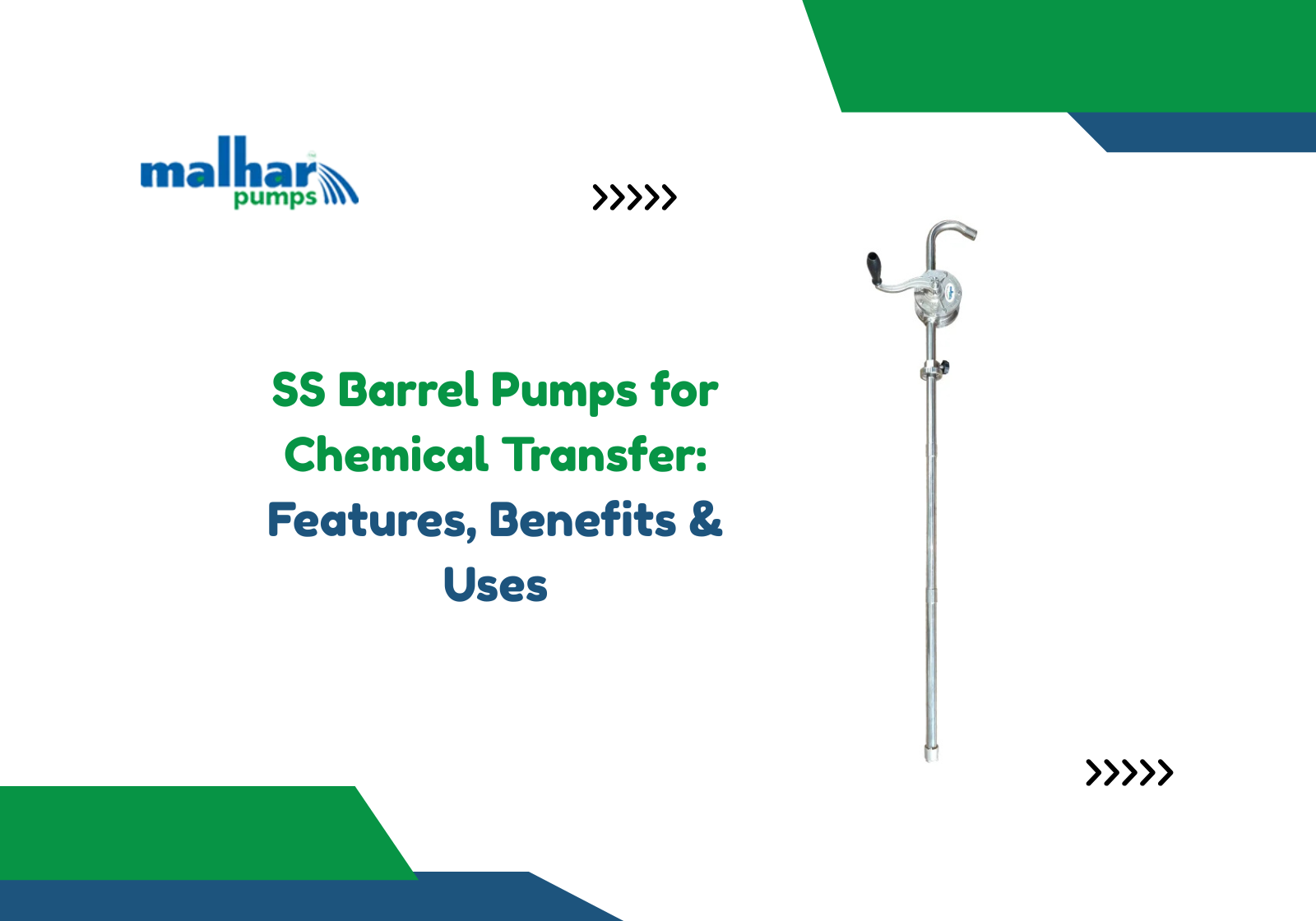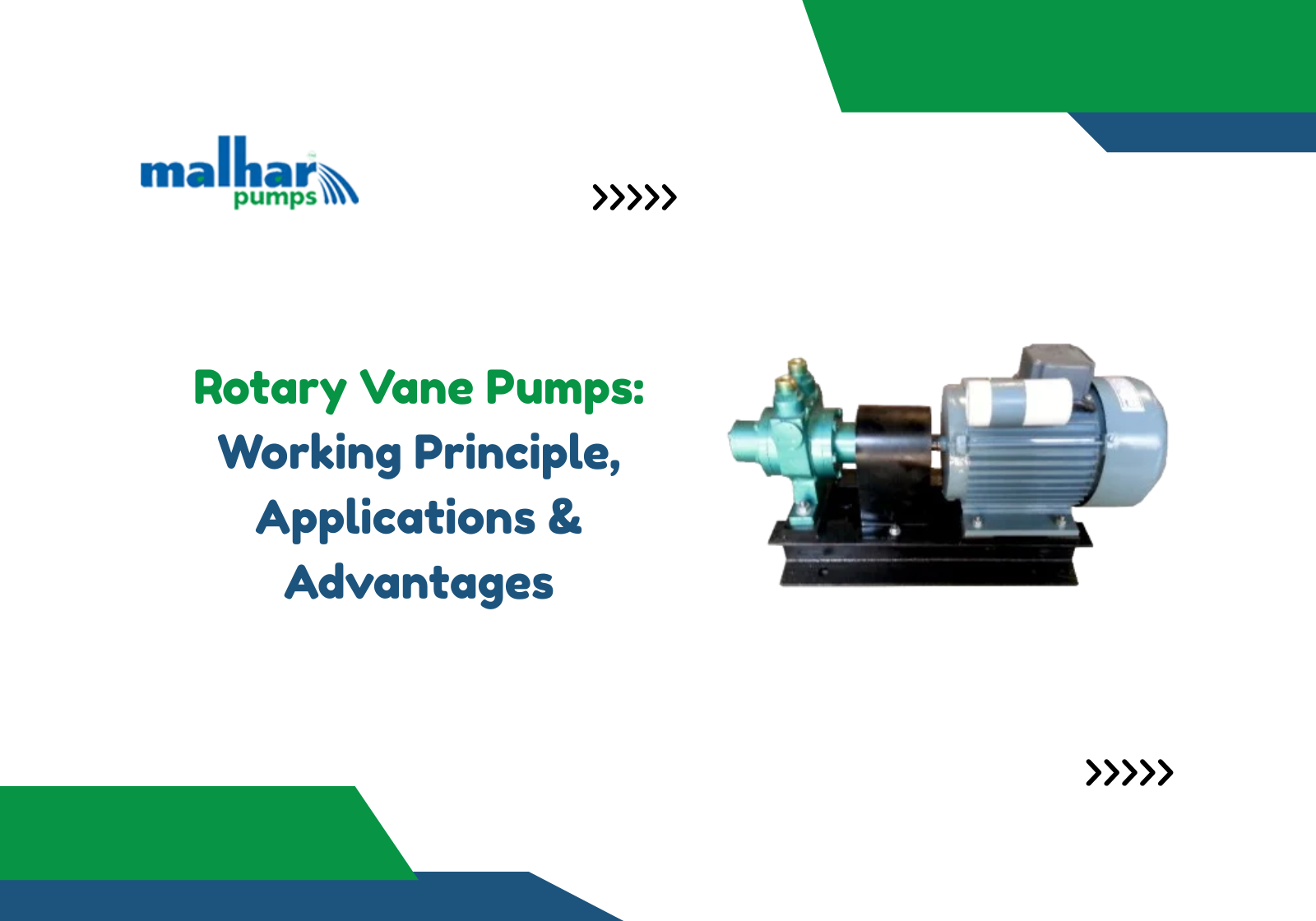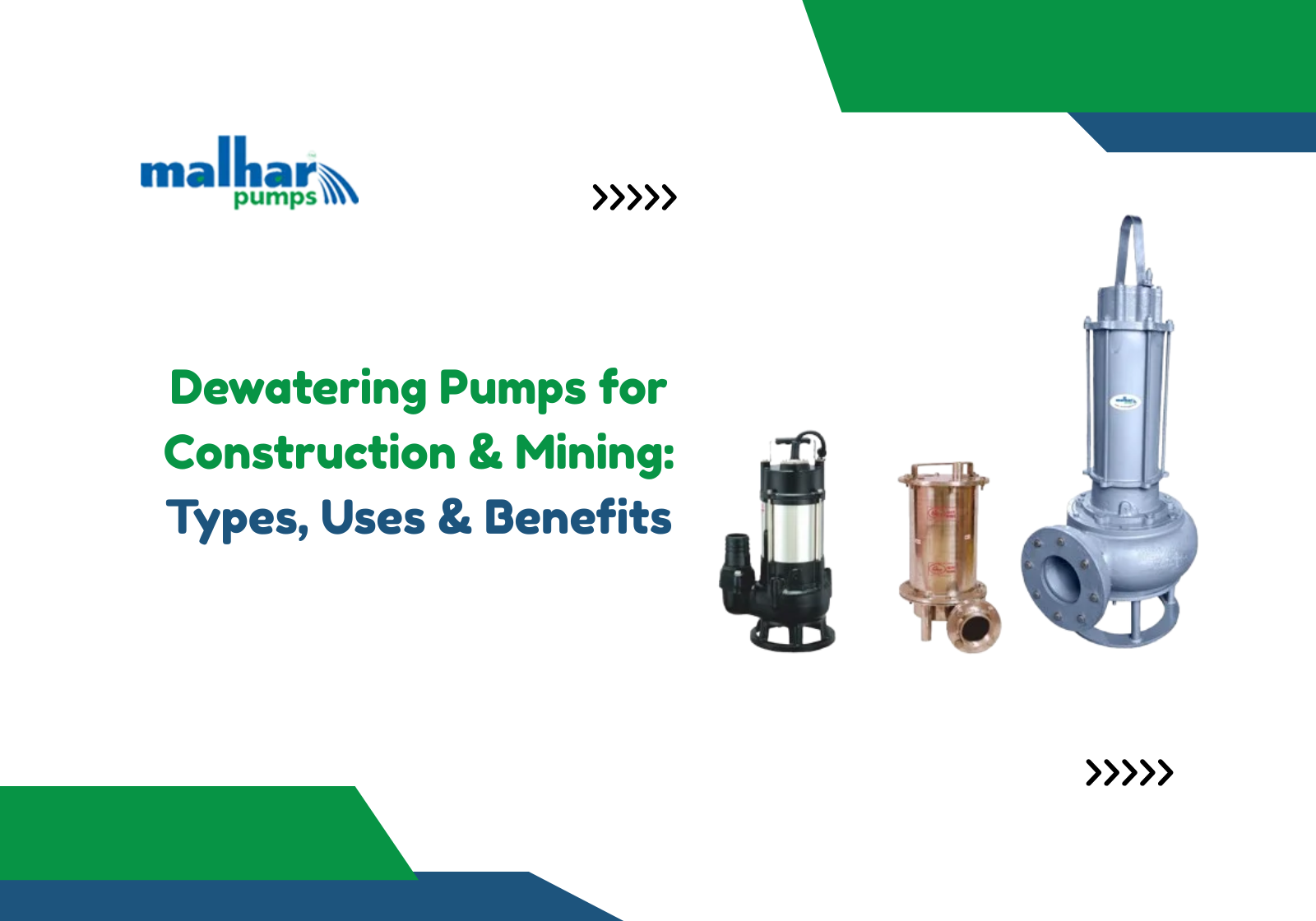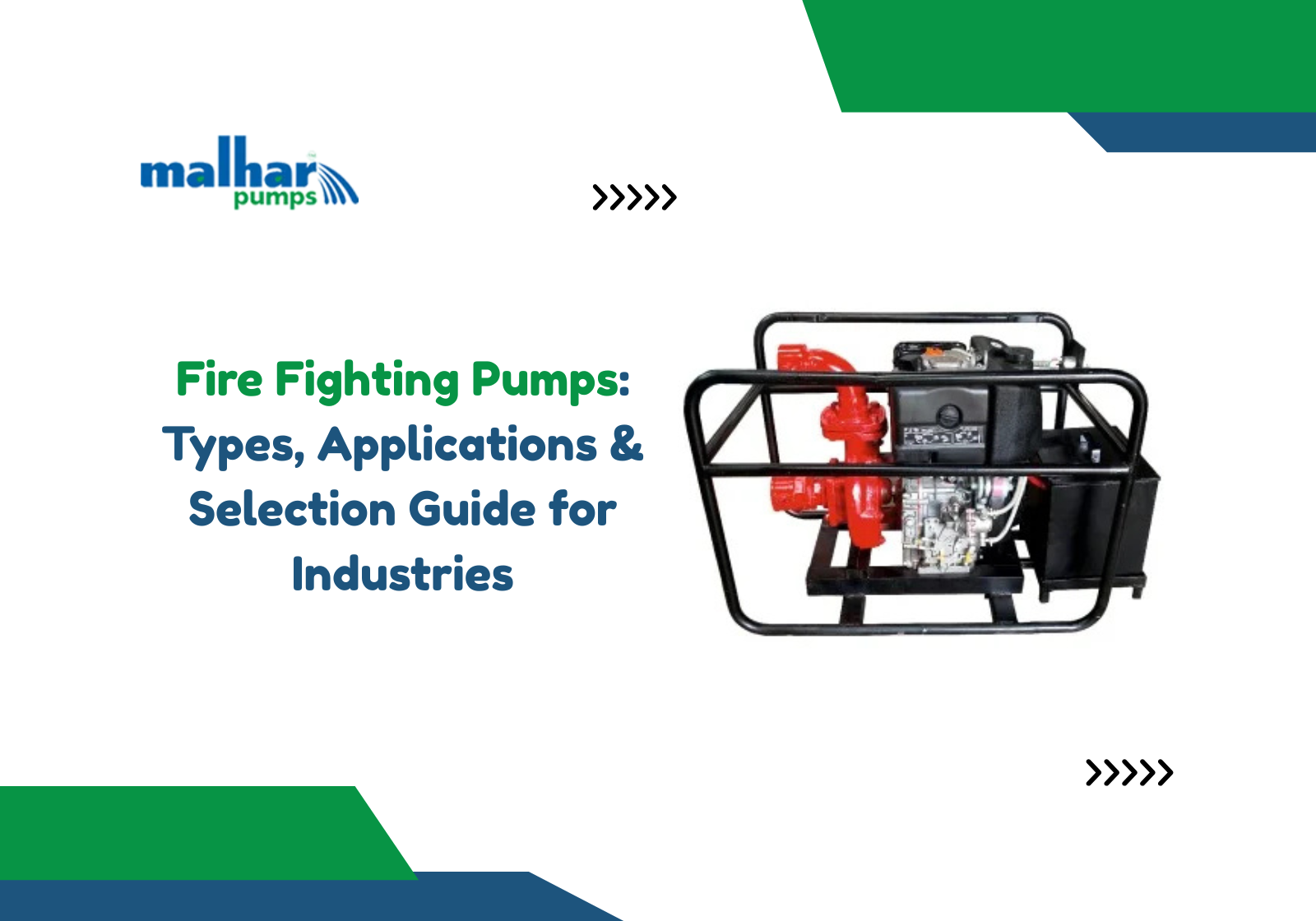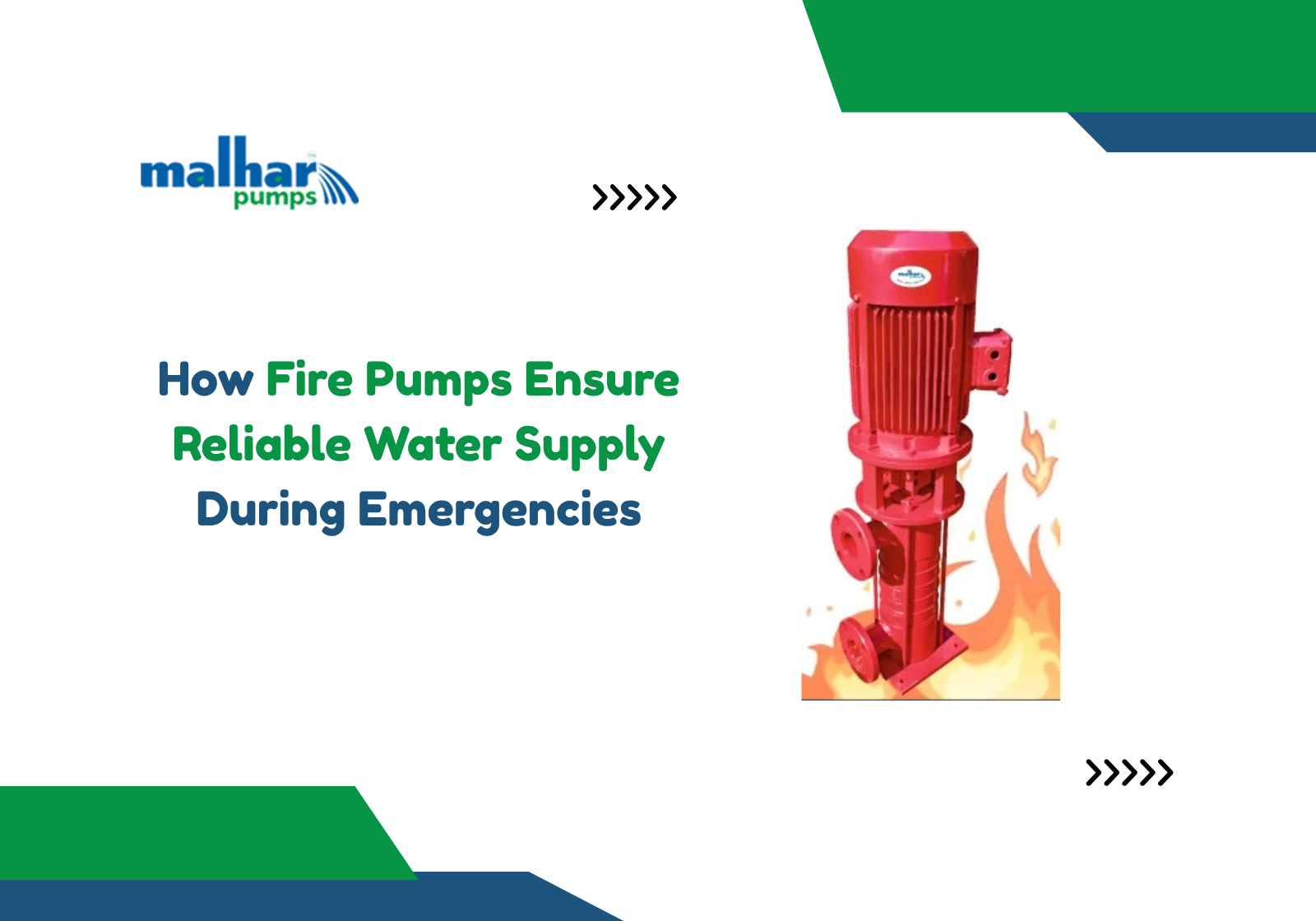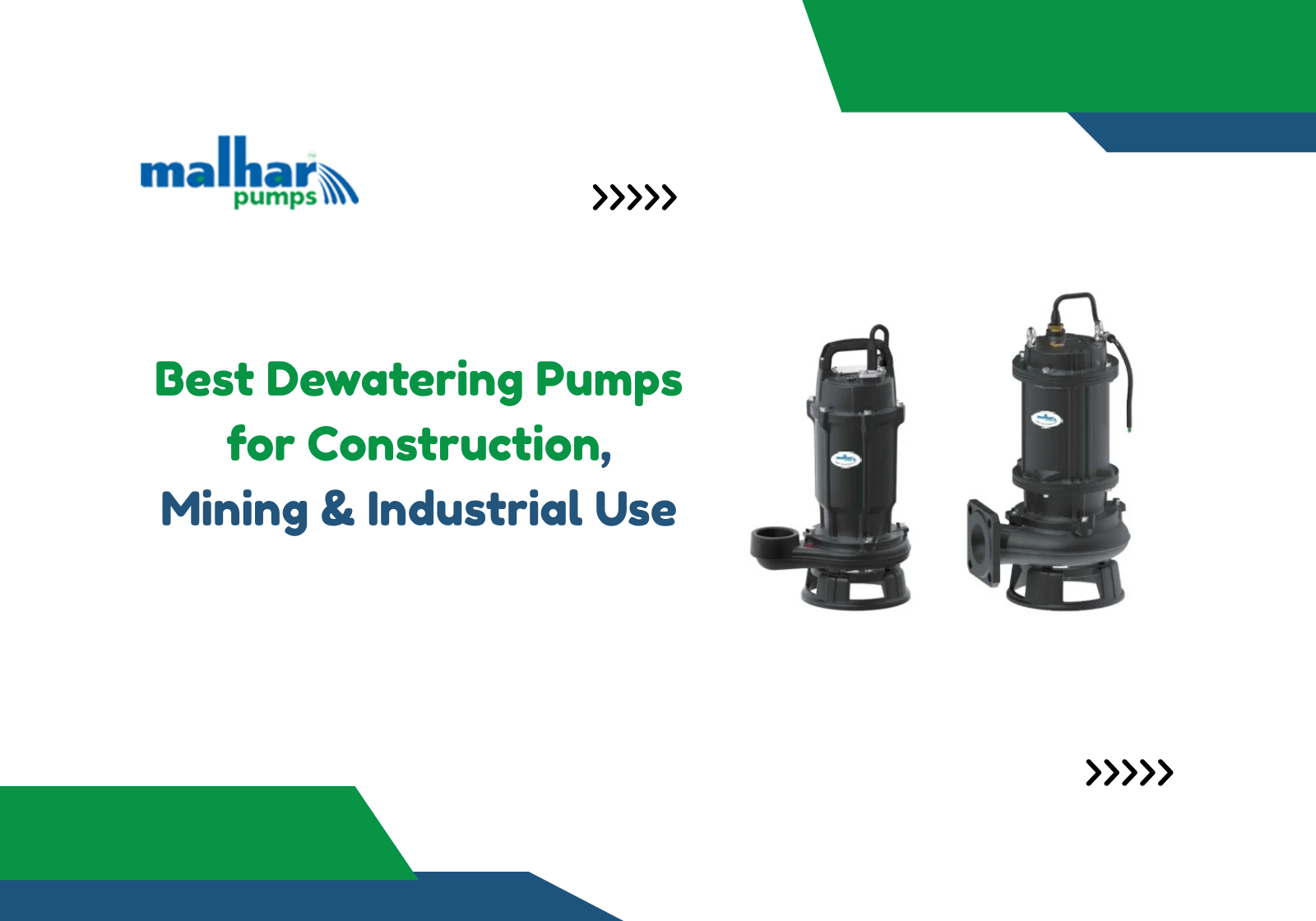Industries that handle bulk fluids frequently rely on barrel pumps to ensure efficient and controlled liquid movement. Selecting the appropriate pump can significantly impact your operations, regardless of whether you’re working with chemicals, oils, or other fluids.
In this blog, you will get to know everything before buying a pump so that you can make a smart decision.
Key Factors to Consider When Buying a Barrel Pump
Picking the right barrel pump helps you move liquids safely and without trouble. Correct pumping can reduce the time it takes to handle liquids and protect equipment. Here are some factors you should consider when choosing this pump.
1. Type of Liquid to Be Pumped
It is important to understand the nature of liquids. What is the liquid like? Is it thick, harmful, or easy to catch fire? Different barrel pumps are made for different types of liquids. A chemical-resistant pump might be required for corrosive fluids, while heavy-duty pumps are better for thick oil.
2. Pump Material and Construction
The pump material should be compatible with the liquid. Materials such as polyethylene and polypropylene are common. Plastic barrel pumps work well with less aggressive liquids and are more durable than stainless steel.
3. Pumping Mechanism
These pumps are available in several designs, including electric, pneumatic, and manual hand pumps.
- Manual pumps are easy to use, reasonably priced, and perfect for low-volume applications.
- Frequent use is appropriate for electric pumps, which offer faster transfer.
- Pneumatic pumps are used in dangerous areas where electricity is at risk.
4. Flow Rate and Capacity
Consider how much liquid to move and how quickly. These pumps have varying flow rates expressed in gallons per minute. Choosing the appropriate flow rate will increase efficiency and decrease pumping time.
5. Compatibility with Barrel Size
Make sure the pump fits the typical barrel or drum size that you’re using. Although most pumps are adjustable, double-checking this aspect might help avoid operating delays.
6. Safety Features
Some barrel pumps include safety precautions such as grounding to avoid static discharge, which is critical for pumping hazardous liquids. Look for pumps that meet the industry’s safety standards.
7. Maintenance and Durability
Choose a pump that is easy to maintain and has durable components to minimise downtime. Keeping the pump maintained makes it last and perform better.
Selecting the Best Barrel Pump for Your Needs
To choose the right pump, it’s important to understand your needs and know what features the pump has to offer. Examine the specifications thoroughly at all times, and if possible, seek advice from knowledgeable people or reliable barrel pump manufacturers.
Make sure to balance quality, price, and suitability for your application. Buying from a trusted source ensures you get a pump that meets safety and performance standards.
Final Thoughts
A well-selected barrel pump enhances fluid handling operations’ efficiency, safety, and productivity. You may choose the ideal pump for your requirements by taking into consideration the type of liquid, the pump’s material, its mechanism, and other elements.
The Malhar Pumps is your trustworthy partner for all of your barrel pump needs if you want consistent quality and knowledgeable guidance.
FAQs
1. What is the working principle of barrel pump?
These pumps move liquids from drums by using suction and rotating or up-and-down action, without causing spills or shaking.
2. How do you prime a hand barrel pump?
To prime, physically pump the handle until liquid flows, creating suction and drawing fluid up the intake pipe.
3. What is a barrel on a pump?
The cylindrical housing where the piston or rotor of a pump works to transfer fluid through the system is called a barrel.
4. What are the two types of barrels?
Based on the number of cylinders utilised in the pumping mechanism, there are two primary types: single-barrel and double-barrel.
Follow us on Facebook to know more!


